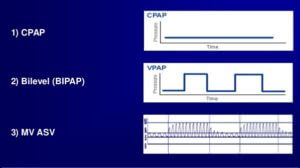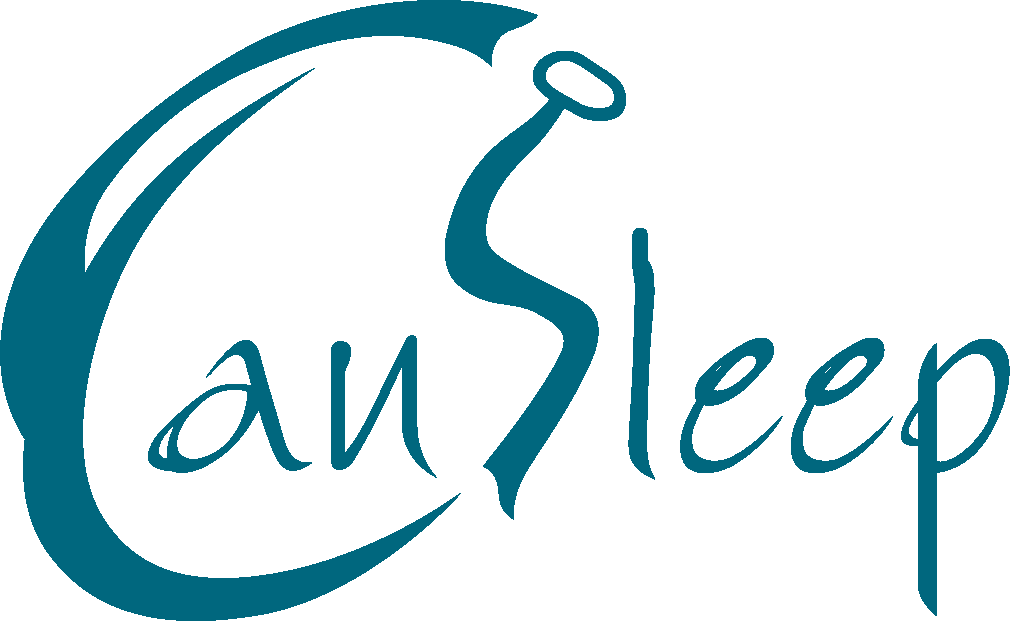ASV
Mar. 20, 2017
Not all patients benefit from CPAP or BiPAP therapy. For example, patients with congestive heart failure may be candidates for a different PAP therapy. Often their apnea is more complex with Cheyne-Stokes respirations (an abnormal pattern of breathing characterized by progressively deeper and sometimes faster breathing, followed by a gradual decrease that results in an apnea event), and advanced devices are required. Also, patients with central sleep apnea may require more advanced PAP therapy. Central sleep apnea (CSA) differs from obstructive sleep apnea in that, instead of an obstruction causing breathing to become shallow or stop periodically throughout the night, the brain fails to send signals to the respiratory system to instruct it to continue breathing during sleep. ASV machines are meant to treat central sleep apnea (CSA), mixed sleep apnea, and also Cheynes-Stokes respiration. 
The difference between ASV therapy and other therapy is that it provides support to regular breathing. It uses an algorithm which detects significant reductions or pauses in breathing and intervenes with just enough support to maintain the patient’s breathing at 90% of what had been normal prior to decreased breathing. The algorithm is based on a set rate of breaths per minute that the patient should be taking. When the patient’s breathing dips below these rates, the ASV delivers just enough air pressure to keep the patient breathing regularly.
Nevertheless, a recent study has shown that ASV may be harmful in patients with a reduced left ventricular ejection fraction (LVEF≤ 45%). For this particular group there is a 33.5% increased risk of cardiovascular death, compared to control patients who are not on ASV therapy. If you are on ASV therapy and have cardiac problems check with your cardiologist to find out what is your Ejection Fraction and if ASV is safe for you to use. Also, if you have obstructive sleep apnea and recently had cardiac failure contact your clinical therapist at CanSleep services to check if you are a candidate for ASV therapy.
By Bahareh Ezzati (BSc, CPhT, RRT)






